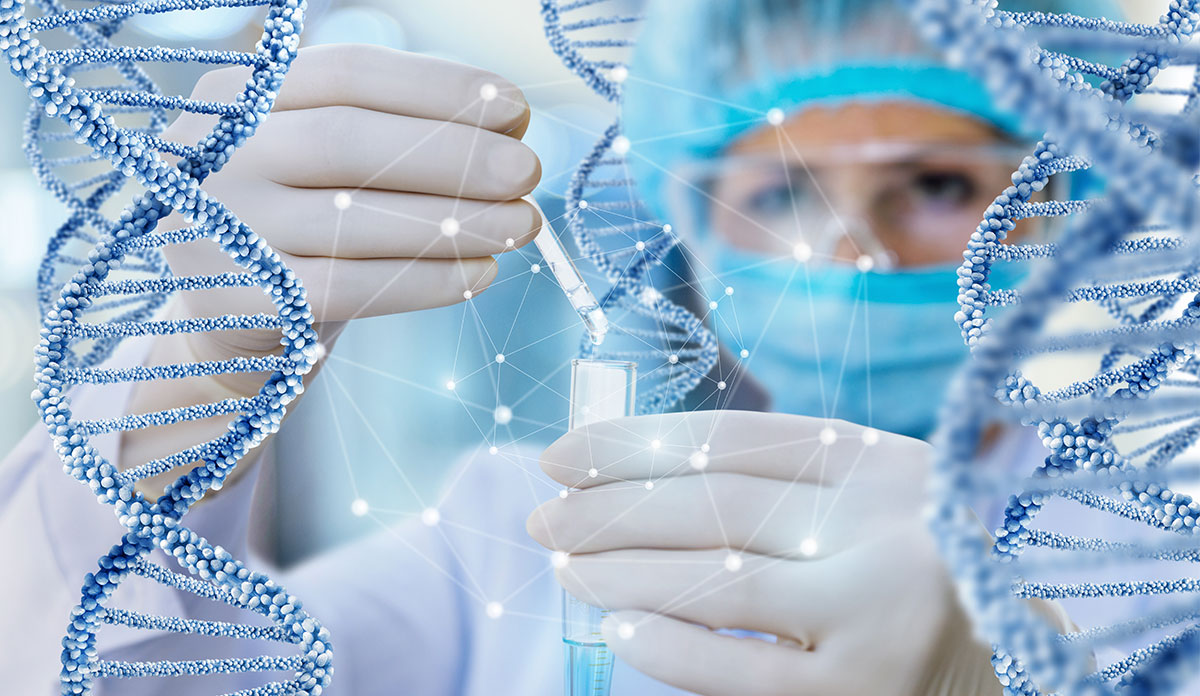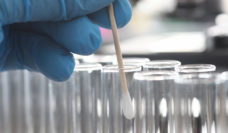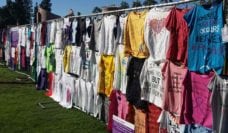Content Warning: Sensitive topics are heavily discussed throughout this post, including those of sexual violence.
When receiving care after a sexual assault, the victim/survivor can request a sexual assault evidence collection (SAEC) kit, commonly known as a rape kit. However, getting a SEAC kit can be challenging, especially considering the barriers to access, including shortages of trained staff, timing challenges, and the need for specialized care. But the challenges don’t end there. Getting a completed kit processed and used as evidence in the criminal justice system is even more difficult.
The rape kit backlog comprises thousands of untested SAEC kits stored in police departments and crime labs across the United States.
Properly completing an SAEC kit requires trained staff, urgency, and specialized care. Reporting an assault to law enforcement does not require having an exam done, but, if one chooses to press criminal charges, SAEC kits increase the likelihood of prosecution. DNA evidence collected with the kit not only holds substantial weight in court but can also help law enforcement prevent future assaults from occurring.
And yet most kits are not used as evidence. There are primarily two roadblocks that contribute to the rape kit backlog: unsubmitted kits and untested kits.
Unsubmitted Kits
Law enforcement often fails to request DNA analysis of SAEC kits.
During a criminal investigation, the SAEC kit is given to the local police department, which then sends the DNA evidence to a crime lab for analysis. The crime lab adds any DNA profiles obtained from evidence into the Combined DNA Index System — the Federal Bureau of Investigation’s national DNA database — which determines if the evidence matches a known perpetrator.
But in many cases, detectives and prosecutors fail to request DNA analysis. As a result, kits are never sent to a crime lab and never analyzed. Instead, they sit indefinitely in police evidence storage facilities, hospitals, or rape crisis centers. Sexual violence cases are often not prioritized in the criminal justice system, as seen with the absence of policies and protocols for kit testing, taking victims and survivors seriously, and gaps in training on handling sexual assault cases.
Untested Kits
Another bottleneck is the long processing queue at crime labs, a back-up that can last months or even years due to volume and outpaced resources.
Various individual and systemic factors have resulted in untested kits. Under-resourced crime labs and police departments cannot always keep up with the demand for testing, especially as DNA analysis technology advances and costs increase.
What To Do About It
Right now, there is no federal policy mandating the tracking and testing of SAEC kits, and many local and state jurisdictions do not have systems in place to track kits that have been collected. Coordination across multiple levels of government is needed to reduce the rape kit backlog. Initiatives such as the Sexual Assault Kit Initiative, state-wide SAEC kit inventories and tracking systems, and mandated kit-testing timelines have been effective across several jurisdictions. For instance, Colorado was the first state to clear their backlog in 2016, followed by Kentucky in 2017, Connecticut, Oregon, and Washington D.C. in 2018, Florida in 2019, and Virginia, Utah, Nevada, and Montana in 2020.
The number of unsubmitted and untested kits can be reduced. Clearing the rape kit backlog in every state will bring victims and survivors one step closer to justice and healing, and also promote public safety.
Resources:
National Sexual Assault Hotline: 1-800-656-4673
Lifeline Crisis Chat: https://hotline.rainn.org/online
Find Your Local Rape Crisis Center: www.centers.rainn.org














